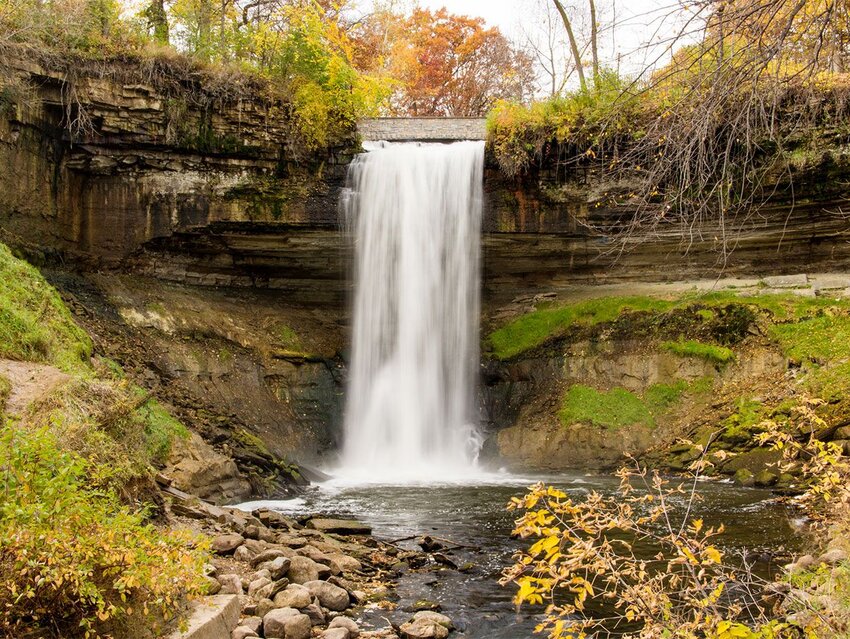It can be hard to come up with an original name, as any parents of a “Liam,” “Noah,” “Oliver,” “Olivia,” “Emma,” or “Amelia” will be able to tell you. But when it comes to place names, sometimes the names aren’t even unoriginal (looking at you, Springfield), they’re redundant. These are called tautological names, and these spots on the map usually come about when more than one language goes into crafting the name.
In the naming of America’s towns and geographical landmarks, Indigenous languages were often used for naming inspiration, and English was commonly paired with European tongues. For example, Laguna Lake in California translates to “Lake Lake,” as laguna is the Spanish word for “lake.” But this naming phenomenon is found across the world — here’s a sample of tautological names and the stories behind the redundancy. See how many of this style of place name you can spot on your travels.
Ohio River
The name “Ohio” comes from the Iroquoian word for “great river,” so the name of the Ohio River roughly translates to “Big River River.” The Mississippi River and the Rio Grande River are much the same — “Mississippi” is the Algonquin word for “big river” and rio grande is Spanish for “big river.”
City of Townsville
This coastal municipality in North Queensland, Australia, has a rare triple tautological name. English speakers are familiar with the concept of a large town known as a “city,” and ville is the French word for “town.” Townsville was named after one of its pioneers, British merchant Robert Towns, in 1866, so the name can be described as “City of City City.”
Gobi Desert
The vast Mongolian desert translates to “Desert Desert,” with Gobi being the Mongolian word for desert, or “waterless place.”
The La Brea Tar Pits
This Californian landmark that displays animal bones uses the Spanish term la brea, meaning “the tar,” so it translates to “The The Tar Tar Pits.”
Swahili Coast
This coastal region of East Africa translates to “Coasts Coast,” as Swahili comes from the Arabic sawahil, plural of sahil, meaning “coast.”
Milky Way Galaxy
This comes out to “Milky Way Milky,” as the general astronomical term “galaxy” comes from the Greek word for the band of light they could see in the night sky, galaxias, or “milky.”
Minnehaha Falls
This Minnesotan waterfall does not, as the story goes, mean “laughing water.” Minnehaha is the Dakota word for “waterfall,” so this comes out to “Waterfall Waterfall.”
East Timor
A few seemingly redundant names are not truly tautological, because they include a direction. For example, East Timor translates to “East East,” as Timor comes from the Indonesian/Malay timur, for east. However, Timor is named that because it is the easternmost island in a chain of islands, and East Timor is the eastern half of that island. Similarly, South Australia and South Vietnam have the same issue — Australia is Latin for “southern land,” and Nam is the Vietnamese word for south. A true tautological name means the parts are synonymous, but in these examples, different usages of the words are being used.
Featured image credit: AMB-MD/ iStock

